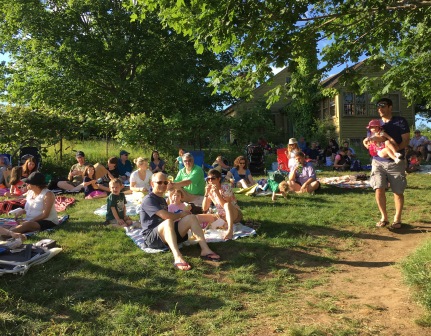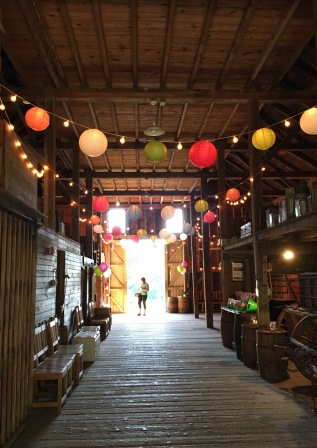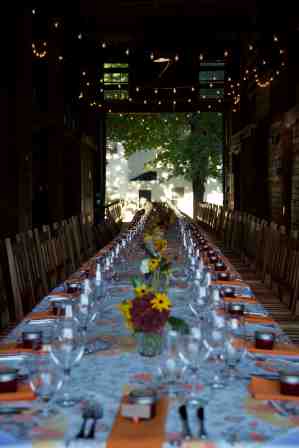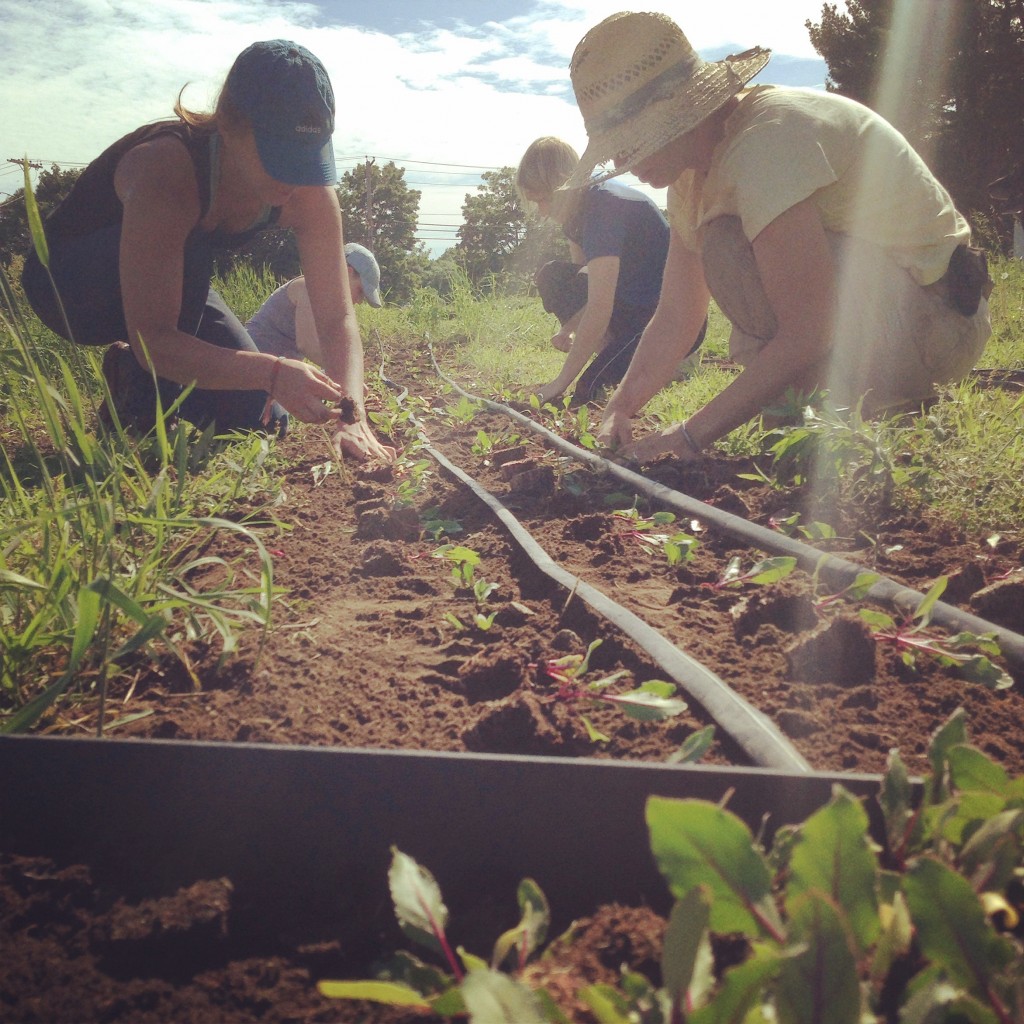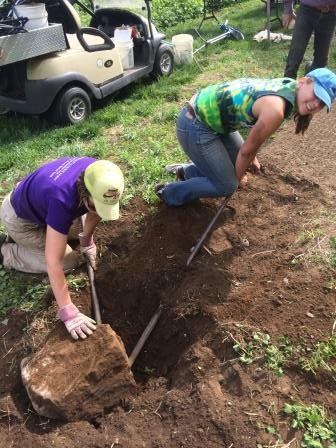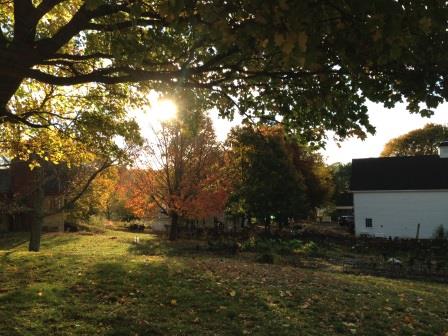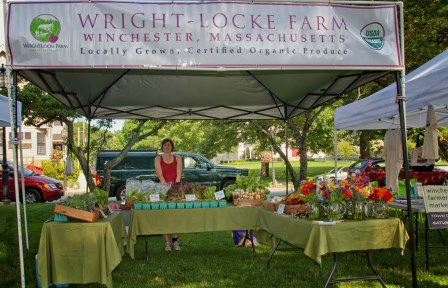July 2017
Guest post written by: Brianna Trainor, MPH coordinated dietetics student at UMass Lowell
For those of you that don’t know me, my name is Brianna and I am in my third and final year at the University of Massachusetts, Lowell for my masters of public health with a concentration in dietetics. As we enter the month of July, my community nutrition rotation at Wright-Locke Farm is coming to an end. I had the pleasure of working with some great people and had the opportunity to learn so much about the farm and agriculture.
Here is some insight as to what my community nutrition rotation encompassed at Wright-Locke Farm. My days at the farm consisted of a variety of the following activities : farm work, after-school child education programs, assisting with adult education workshops, youth summer education programs, the Jenk’s Center Gardening Club, involvement in the first speaker series, visiting the farm animals, and working at farmers’ markets.
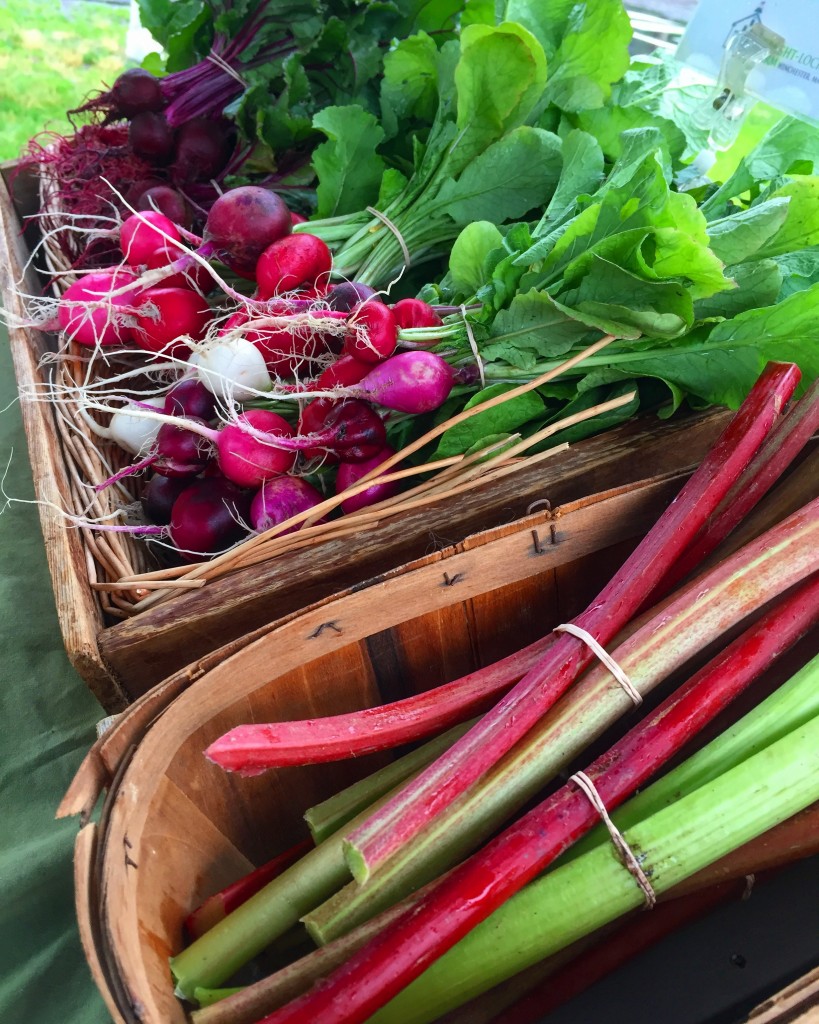
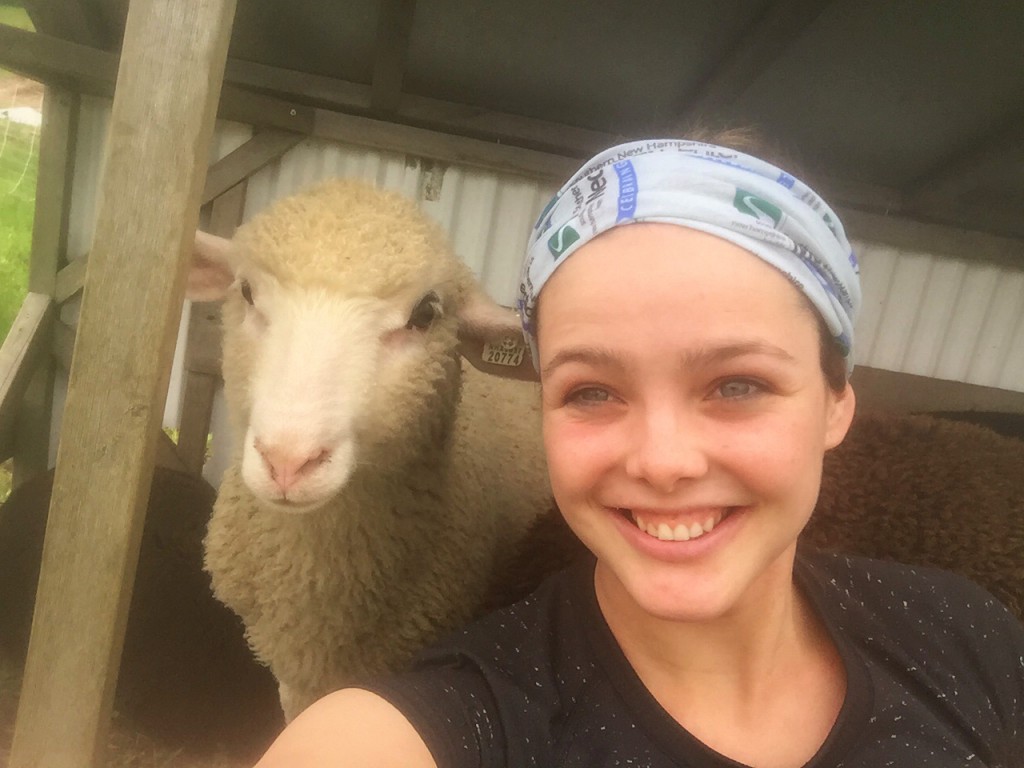
The most valuable lesson that I am leaving Wright-Locke Farm with is the relationship between nutrition education and preparing foods specifically with children. When children are involved in the planting, harvesting, and cooking processes, children retain more nutrition knowledge than they would without being involved in the processes. Children retain nutrition knowledge while they are performing tasks. One of the days at the youth ed program, the kids made a berry kale smoothie. The children groomed the garden, harvested the kale, and put all the ingredients in the blender. We talked about the health benefits of the smoothie and the children happily (!) enjoyed their healthy snack.
I am leaving this internship with more knowledge and experience than I could have asked for and I am very grateful for everyone at Wright-Locke Farm for giving me this opportunity.
Postscript by Wright-Locke Farm Staff: Thank you Brianna for your energy, hard work, and willingness to learn from what we do at the farm. Like you, we believe that good, fresh food, cooking, nutrition, farming, and animal management are all important puzzle pieces in being a heathly individual. We know that you’ll do good things for your community whereever you go!
If you’d like to hear more of Brianna’s thoughts, she was also part of this interview with Renee Barrile.
